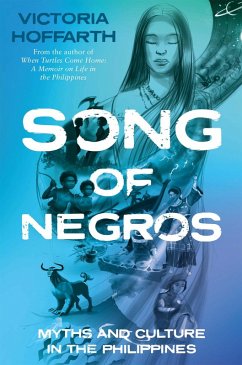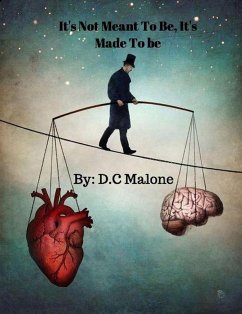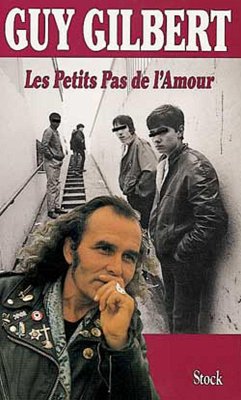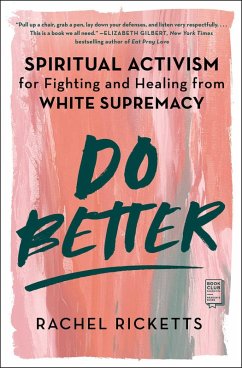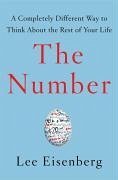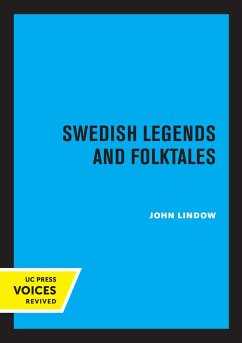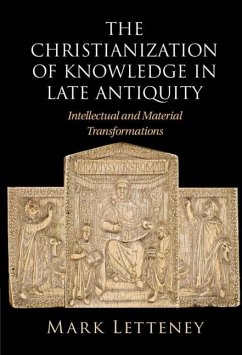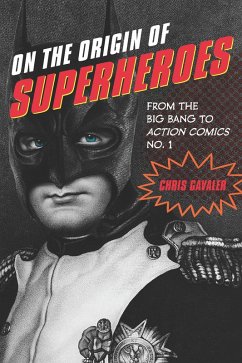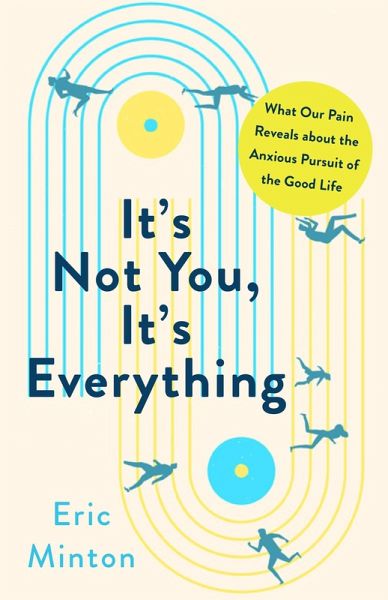
It's Not You, It's Everything (eBook, ePUB)
What Our Pain Reveals about the Anxious Pursuit of the Good Life

PAYBACK Punkte
8 °P sammeln!
If we can agree on anything, it's that we are not okay. Our culture is reeling from the ravages of a global pandemic, a precipitous rise in depression and anxiety, suffocating debt, white supremacy, hypercapitalism, and a virulent political animus--to name a few.But what if it's not us? What if it's . . . well, everything? What if trying to conform to a sick culture is actually making us sick?It's Not You, It's Everything is a timely and incisive inquiry into the anxious pursuit of happiness at all costs. Psychotherapist and former pastor Eric Minton claims that the pernicious melding of capit...
If we can agree on anything, it's that we are not okay. Our culture is reeling from the ravages of a global pandemic, a precipitous rise in depression and anxiety, suffocating debt, white supremacy, hypercapitalism, and a virulent political animus--to name a few.
But what if it's not us? What if it's . . . well, everything? What if trying to conform to a sick culture is actually making us sick?
It's Not You, It's Everything is a timely and incisive inquiry into the anxious pursuit of happiness at all costs. Psychotherapist and former pastor Eric Minton claims that the pernicious melding of capitalism and Christianity means a world of competition, perfection, and scarcity disguised as self-help and self-care. Rather than shaming, silencing, or medicating away our disappointment at not having obtained the happiness we were promised, however, Minton posits a radical alternative. In an impertinent, droll, yet pastoral voice, Minton suggests that our "not-okayness" will require rethinking everything we thought we knew about God, depression, the economy, culture, education, technology, and happiness.
Our angst--and that of our children and teenagers--is telling us the truth about the kind of world we've created. By naming all the ways we're not okay, we move away from fear and shame and toward love, and trust, and trustworthiness. We'll need nothing less than hip-hop, Mr. Rogers, liberation theology, and Jesus to get us there. But on the other side of our pain is a radical "okayness" that might just set us free.
But what if it's not us? What if it's . . . well, everything? What if trying to conform to a sick culture is actually making us sick?
It's Not You, It's Everything is a timely and incisive inquiry into the anxious pursuit of happiness at all costs. Psychotherapist and former pastor Eric Minton claims that the pernicious melding of capitalism and Christianity means a world of competition, perfection, and scarcity disguised as self-help and self-care. Rather than shaming, silencing, or medicating away our disappointment at not having obtained the happiness we were promised, however, Minton posits a radical alternative. In an impertinent, droll, yet pastoral voice, Minton suggests that our "not-okayness" will require rethinking everything we thought we knew about God, depression, the economy, culture, education, technology, and happiness.
Our angst--and that of our children and teenagers--is telling us the truth about the kind of world we've created. By naming all the ways we're not okay, we move away from fear and shame and toward love, and trust, and trustworthiness. We'll need nothing less than hip-hop, Mr. Rogers, liberation theology, and Jesus to get us there. But on the other side of our pain is a radical "okayness" that might just set us free.
Dieser Download kann aus rechtlichen Gründen nur mit Rechnungsadresse in A, B, BG, CY, CZ, D, DK, EW, E, FIN, F, GR, HR, H, IRL, I, LT, L, LR, M, NL, PL, P, R, S, SLO, SK ausgeliefert werden.




